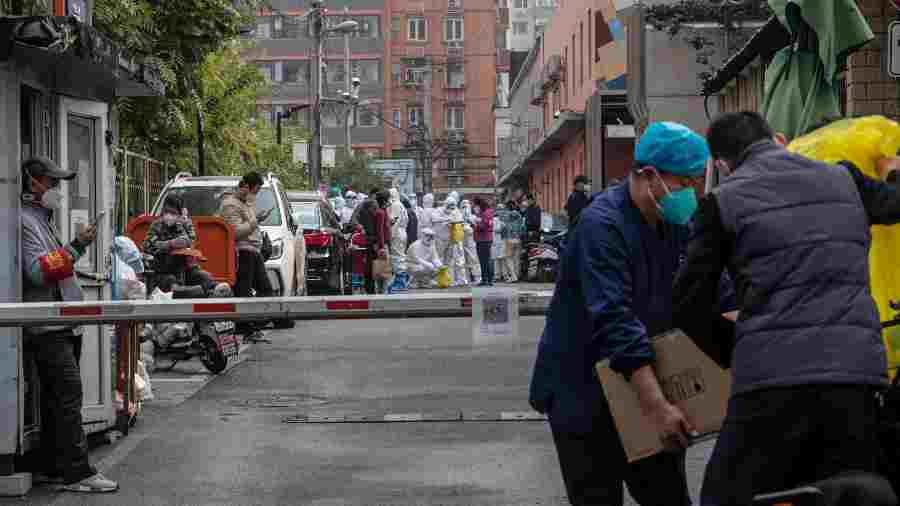China on Saturday marked the first day of “chun yun”, the 40-day period of Lunar New Year travel known as the world’s largest annual migration of people, bracing for a huge increase in travellers and the spread of Covid-19 infections.
This Lunar New Year public holiday, which officially runs from January 21, will be the first since 2020 without domestic travel restrictions.
Over the last month, China has seen the dramatic dismantling of its “zero-Covid” regime following historic protests against a policy that included frequent testing, restricted movement, mass lockdowns and heavy damage to the world’s No.2 economy.
Investors are hoping that the reopening will eventually reinvigorate a $ 17 trillion economy suffering its lowest growth in nearly half a century.
But the abrupt changes have exposed many of China’s 1.4 billion population to the virus for the first time, triggering a wave of infections that is overwhelming some hospitals, emptying pharmacy shelves of medicines and causing long lines to form at crematoriums.
The ministry of transport said on Friday that it expects more than 2 billion passengers to take trips over the next 40 days, an increase of 99.5 per cent year-on-year and reaching 70.3 per cent of trip numbers in 2019.
There was mixed reaction online to that news, with some comments hailing the freedom to return to hometowns and celebrate the Lunar New Year with family for the first time in years.
Many others, however, said they would not travel this year, with the worry of infecting elderly relatives a common theme.
“I dare not go back to my hometown, for fear of bringing the poison back,” said one such comment on Twitter-like Weibo.
There are widespread concerns that the great migration of workers from cities to their hometowns will cause a surge in infections in smaller towns and rural areas.
Authorities say they are boosting grassroots medical services, opening more rural fever clinics and instituting a “green channel” for high-risk patients, especially elderly people.











